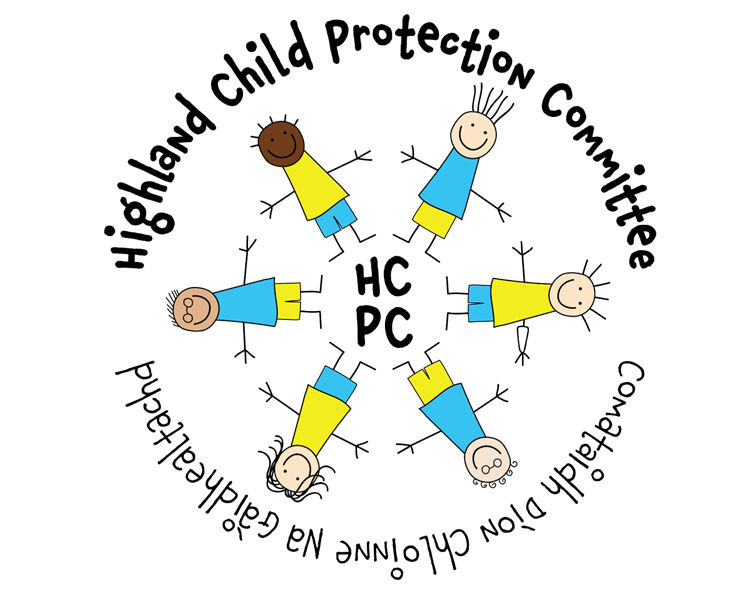Rights of the child

Article 12 of the UNCRC states every child and young person who is capable of forming his or her own views has the right to express those views freely in all matters affecting him or her, with those views being given due weight in accordance with the age and maturity of the child and young person.
In order to fulfil the rights under Article 12 where children and young people’s views are not known on a matter that is likely to have an impact on them, those delivering public services should take steps to obtain their views. Therefore, Article 12 must inform the approach to participation of children and young people within the practice model.
A child or young person’s capacity includes, among other things, their ability to understand different choices and make decisions. As children and young people grow and develop, they tend to develop the ability to make more decisions for themselves. In the UNCRC, this is referred to as a child’s “evolving capacities”. Children’s capacity develops gradually, and it doesn’t happen at the same speed for everyone – it depends on things like their experiences, education and maturity, as well as the complexity and magnitude of the decision being made.
There is no lower age limit on the right of the child or young person to express their views. Those seeking to understand the views of children and young people should give due consideration to the evolving capacity of the child or young person. It is not up to the child or young person to prove their capacity. A child is able to form views from pre-verbal stages.Implementation of Article 12 requires recognition of, and respect for, non-verbal forms of communication including play, body language, facial expressions, drawing and painting, through which very young children demonstrate understanding, choices and preferences.
Under the Education (Additional Support for Learning) (Scotland) Act 2004, children (aged 12-15) and young people (aged 16+) with additional support needs may have specific rights. These rights seek to ensure that children and young people can ask for their additional support needs to be identified and planned for; receive advice and information about their additional support needs; be fully involved in discussions and decisions about the support that they will receive; and access dispute resolution procedures to resolve concerns.
Children and young people have the same rights as adults over their personal information and where they are deemed to be competent to do so, are able to exercise their own data protection rights. More detailed guidance is available in Children and the GDPR. Data protection legislation provides that in Scotland, children aged 12 or over are presumed to be mature enough to provide their own consent or exercise the rights conferred by data protection legislation, unless there is any reason to think that they are not.
In many circumstances, the sharing of information about a child or young person will be permitted without having to obtain the consent of the relevant child or young person.
The child, young person or their family should at least be informed about what information about them is being shared, with whom and why this is necessary, unless you have justifiable and lawful reasons for disclosing a child or young person’s information without their knowledge.
Article 12 of the UNCRC must inform the approach to participation of children in child protection processes. This makes no restrictive presumption about age. Article 12 states:
“Parties shall assure to the child who is capable of forming his or her own views the right to express those views freely in all matters affecting the child, the views of the child being given due weight in accordance with the age and maturity of the child.”
There is no age limit on the right of the child to express their views. Practitioners must not begin with the assumption that a child is incapable of expressing her or his own views, but rather presume that a child has the capacity to form their own views and recognise that she or he has the right to express them. Advocacy, translation or communication support may be needed.
Practitioners must consider whether the child has the capacity to make their own decisions. Under the Data Protection Act 2018, a child under the age of 16 must be treated as though they have capacity to exercise their rights under that Act, if there is reason to believe that the child has a general understanding of what it means to exercise those rights.
If a child is too young or immature to understand the full implications of information sharing practitioners should seek the consent of the parent on behalf of their child unless there are good reasons not to do so, in which case these reasons should be recorded.
In general, it should be assumed that a child who is over the age of 12 years has reached the age where they have the necessary level of maturity to have this understanding, unless there is evidence to the contrary.
Implementation of Article 12 requires recognition of, and respect for, non-verbal forms of communication including play, body language, facial expressions, and drawing and painting, through which very young children demonstrate understanding, choices and preferences.
